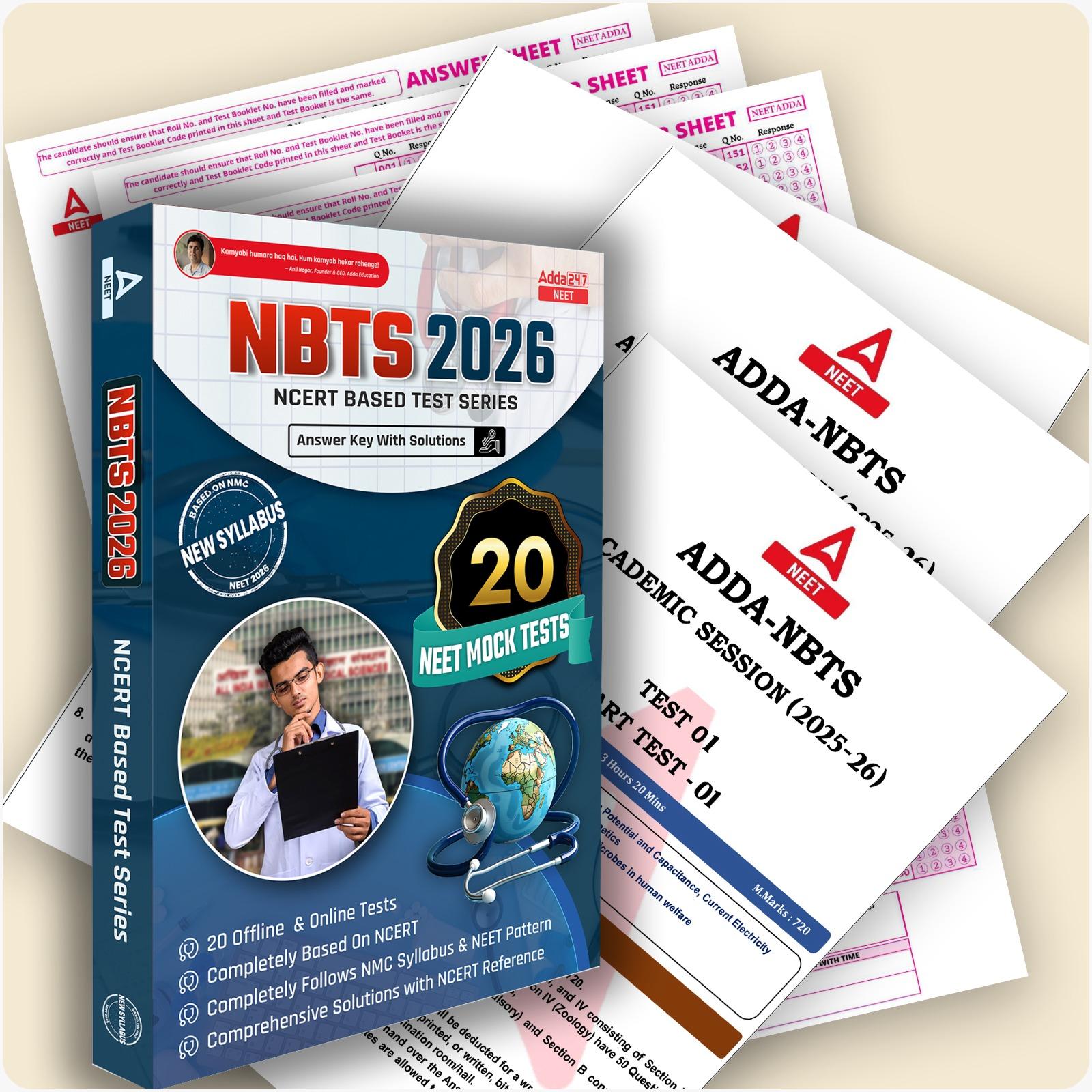
The National Council of Educational Research and Training (NCERT) is an autonomous organization of the India as a literary, scientific and charitable Society under the Societies’ Registration Act (Act XXI of 1860). Established in the year 1961, it is headquartered at Sri Aurbindo Marg in New Delhi and Dr. Hrushikesh Senapaty is director of the council since September 2015. This organization came into existence in 2000. It focused upon the requirement of a healthy, peaceful and comprehensive adolescence. It aimed at reducing the irrelevant content to present a more multicultural thematic approach.
Students can get detailed bulletin at : https://ncert.nic.in/
Class 10th is like a starting point of a great voyage. Being a class 10th student can bring about a lot of contradictions as well as a moment of decision! A time where you decide to choose the ship and the course of sailing ahead in life. So, it becomes necessary on your part to understand the basic concepts and fundamentals being presented to you in this class and in the syllabus prescribed which also helps in scoring great points in board exams.
An answer goes a long way in the chaos of queries! Solutions are the best way to comprehend the essence of a subject, to rectify the mistakes and to memorize in a better manner.
Subject-wise Syllabus for Class 10th NCERT
A subject-wise approach to the syllabus by deconstructing it, is the most effective way of understanding the fundamentals of preparation. A better comprehension of syllabus is the first strike of battle and to know the syllabus by heart is the most significant part in exam preparations. Here is a subject-wise deconstruction of syllabus for NCERT 10th Math, Science and Social Science.
Math
A cliche that everyone is aware of is “Math is a scoring subject”. No matter how repetitive this sentence becomes, its significance won’t lose the basis! Math is the only subject where getting 100 out of 100 is no big deal in a board exam and is very aptly possible. So this becomes the most significant part of a student’s preparation and enables the door of a better understanding of future prospects in the field of Math. The syllabus prescribed for the same in NCERT is of utmost importance as it levels up the game of a future mathematician in the simplest way possible. Lets have a look at the syllabus of NCERT class 10th math :
| S No. | Units |
| 1 | Unit 1: Number Systems |
| 2 | Unit 2: Algebra |
| 3 | Unit 3: Trigonometry |
| 4 | Unit 4: Coordinate Geometry |
| 5 | Unit 5: Geometry |
| 6 | Unit 6: Mensuration |
| 7 | Unit 7: Statistics and Probability |
Appendix
- Proofs in Mathematics
- Mathematical Modelling
Science
Class 10th Science is the fundamental course for all the aspirants who want to construct their future in the scientific world. Be it medicine or engineering or robotics for that matter, NCERT Class 10th is the building block for all. The various form of content on matter, diseases, physical laws and much more, provides one with all the understanding to pursue a top-notch career in Science. NCERT Class 10th is the basic brick in studying standard books specially that of class 12th. It becomes very significant for a visionary student to thoroughly go through class 10th NCERT science , in order to achieve greater good in career oriented life. Check syllabus of NCERT Class 10th here:
| S No. | Units |
| 1 | Unit 1: Food |
| 2 | Unit 2: Materials |
| 3 | Unit 3: The World of the Living |
| 4 | Unit 4: Moving Things, People and Ideas |
| 5 | Unit 5: How things work |
| 6 | Unit 6: Natural Phenomena |
| 7 | Unit 7: Natural Resources |
Social Sciences
NCERT Class 10th Social Science is a subject that is referred by UPSC aspirants for their exam preparation. This gives an idea of how one needs to prioritize this set of book in his/her life. Divided into four parts, NCERT Class 10th Social Science gives a broader perspective about History, Geography, Political Science and Economics. Also, the relevance of these books and the syllabus prescribed can also be not neglected in any manner. Let’s have an overview of the syllabus prescribed by NCERT for the same:
History: India and the Contemporary World – II |
| Unit I: Events and Processes |
| Chapter 1: Nationalism in Europe |
| Chapter 2: Nationalist Movement in Indo-China |
| Chapter 3: Nationalism in India: Civil Disobedience Movement |
| Unit II: Economies and Livelihoods |
| Chapter 4: Industrialisation 1850s–1950s |
| Chapter 5: Urbanisation and Urban Lives |
| Chapter 6: Trade and Globalization |
| Unit III: Culture, Identity and Society |
| Chapter 7: Print Culture and Nationalism |
| Chapter 8: History of the Novel |
Political Science: Democratic Politics II |
| Themes |
| 1. Working of democracy |
| 2. Power sharing mechanisms in democracy |
| 3. Competition and contestations in democracy |
| 4. Outcomes of democracy |
| 5. Challenges to democracy |
Geography: Contemporary India – II |
| Chapter 1: Resources and Development |
| Chapter 2: Forest and Wildlife Resources |
| Chapter 3: Water Resources |
| Chapter 4: Agriculture |
| Chapter 5: Minerals and Energy Resources |
| Chapter 6: Manufacturing Industries |
| Chapter 7: Lifelines of National Economy |
Economics: Understanding Economic Development |
| Chapter 1: Development |
| Chapter 2: Sectors of the Indian Economy |
| Chapter 3: Money and Credit |
| Chapter 4: Globalisation and the Indian Economy |
| Chapter 5: Consumer Rights |
Guidelines of how to approach the NCERT Class 10th Solutions:
A specific set of steps/rules will help you understand how to rightly go about the whole set of solutions and preparation. Let’s have a look :
- Practice is the key to all! One has to bear in mind the fact that there is no alternative for hard work. Make these NCERT Solutions your best friend for the year as it will take you high on the grounds of competitive world.
- Learn the skill of time management. Divide your time into days and then in subsequent hours and give an equal amount of time to these solution sets.
- Test yourself at every step of learning and record your progress. Try the equations and then sort your steps!
- These solutions provide the best platform to know your mistakes. To know them is to rectify them! So keep a track of your shortcomings.











